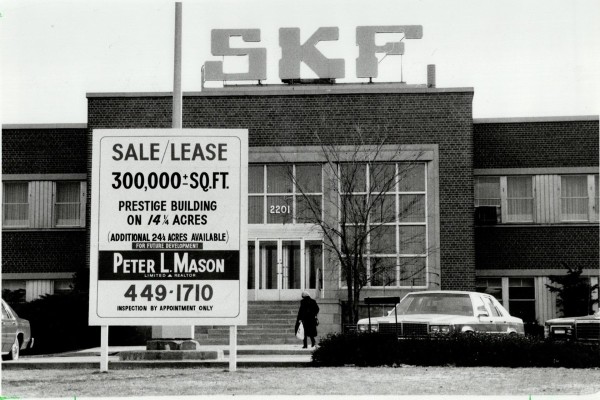Strategic Choices for the Quebec Left
Is it in the interests of progressives to put their energies into the big neoliberal parties, trying to influence them? Or is it better to patiently build an alternative party? Quebec’s autumn political scene offers the occasion to see the fruits of both strategies. On the one hand, the PQ shores up its coalition with trade unionists and progressives for a Free Quebec (SPQLibre). On the otherhand, we have the emergence of a new autonomous party on the Left, as the Union des forces progressistes (UFP) and Option citoyenne (OC) pre-pare for their upcoming fusion.
Internal Coalition Impasse
Our first-past-the-post electoral system does not favour the emergence of new parties. So, the SPQLibre chose to invest its energies in the PQ, with the aim of dislodging the Charest government as rapidly as possible and jump-starting the process that will lead to sovereignty. As Pierre Dubuc put it, “The efforts of SPQLibre are based on the analysis that the PQ’s defeat was due to the fact that the progressive electorate snubbed it in the last election, upset by the party’s neoliberal turn and its lukewarm approach to the national question. Therefore, it is essential to readjust the party in order to bring progressives back to the PQ.”
Dubuc, the principal instigatorof the SPQLibre, threw himself intothe leadership race along with eight other candidates. Until now, the process has been dominated by André Boisclair, an “old youth,” who has been compared to Mario Dumont of the ADQ.
At last June’s congress, the PQ officially recognized the SPQLibre because it wanted to present itself as a party able to bring all sovereigntists into their ranks. Unfortunately, this recognition may turn out to be a sand trap for SPQLibre members, who risk making few gains while nevertheless sprucing up the PQ’s image.
Progressives have their eyes trained on the UFP and Option Citoyenne, whose upcoming fusion will accentuate the problems within the PQ. The PQ leadership candidates have already publicly debated whether or not to attempt an alliance with this new party.
Building a Broad-Based Progressive Party
UFP and Option Citoyenne members have already ratified several agreements about the statutes and functions of the future party in relation to economics, ecology and feminist values. At the moment of writing, Option Citoyenne is preparing to adopt its position on the national question, a necessary step in the process of unification.
In the meantime, the UFP has begun preparatory organizing for the upcoming provincial by-electionsin the ridings of Outremont and Verchères. A third riding, Sainte-Marie-Saint-Jacques, could be added in the coming weeks. Omar Aktouf, the well respected professor from the École des hautes études commerciales (HEC) and UFP candidate in Outremont (supported by Option Citoyenne), has started to make headlines by calling for a tax on oil profits. In contrast with the PQ, which favours a marketing approach to “sell” sovereignty to Quebecers, progressives put the emphasis on participatory democracy through suchmechanisms as creating a consti-tuent assembly. In the latter sphere, popular mobilization has the advantages both of linking independence to social struggles and of offering a better protection against attempts to destabilize the process. At this point, the priority of the Left is to strengthen its roots within the population.
If the Left envisions eventual strategic alliances with other parties– even the PQ – it must be on the basis of its own strategy. But the Left must never renounce its independence by trying to work “on the inside” with conservatives or neoliberals. This independence of the Left, despite appearances to the contrary, is the quickest route to independence for a progressive Quebec.
This article appeared in the November/December 2005 issue of Canadian Dimension (Will the WTO Survive Hong Kong?).








